#election2019
Photo

If you haven’t don’t so, please go out and VOTE! 🗳• • • • • • #vote #election #politics #electionday #elections #election2019 #ivoted #democracy #voting #votetoday #govote #votevotevote #generalelection #election2020 #electionseason #electionsmatter #usaelections #rockthevote #labour #votehimout #notmeus #sunday #votelabour #whenweallvote #politicalrevolution #government #justice #voted #generalelection #liberal (at Maryland) https://www.instagram.com/p/CHIcUjMjC2H/?igshid=1fmqhe92akca7
#vote#election#politics#electionday#elections#election2019#ivoted#democracy#voting#votetoday#govote#votevotevote#generalelection#election2020#electionseason#electionsmatter#usaelections#rockthevote#labour#votehimout#notmeus#sunday#votelabour#whenweallvote#politicalrevolution#government#justice#voted#liberal
4 notes
·
View notes
Text
So about the Election
I’m 36. Most people my age or older are of the opinion that Canada is functionally a two party system, and even when they want to support NDP or Greens, they’re likely to at least be open to voting liberal because the whole anyone but Conservatives rhetoric. (yes, I acknowledge there are NDP voters my age and older, but they’re (obviously) in the minority).
I’ve been an NDP supporter since I got into politics (when Harper was found in contempt of parliament and got to keep his job), but even I admit I’m sceptical of their reach - in my mind the best case scenario we can hope for is a Liberal minority with a strong NDP presence.
Still, I’m voting NDP. I’m talking to everyone I know about why I’m voting NDP. I don’t expect them to win here (and honestly, I think our MP is really good at her job, too bad about the party alignment). I’m voting NDP because I figure as people see the percentage of the popular vote start to rise, then maybe next time they’ll be more likely to do the same. Maybe people will pay more attention to policy and less to the personality leading the party. Maybe people will see that there is a third option.
If you’re reading this and you’re younger than me, you’ve got a much higher chance to influence the people in your circles than I do in mine. People around me believe the fear mongering from the Liberals - the Liberals don’t have to be doing anything good, they just have to be less risky than the Cons and that’s good enough. So talk to them. Understand the platform. Understand where the parties stand and what policies will really matter for you and the people like you. the Liberals and the Conservatives aren’t going to help you, aren’t going to make living in Canada any better, aren’t going to do anything to make the world safer or cleaner. Don’t fall into the traps and lies people my age and older are still holding on to. Your votes matter. Your voices matter. Your influence can swing things around - maybe not this election, but at least get things moving in the right direction.
142 notes
·
View notes
Photo
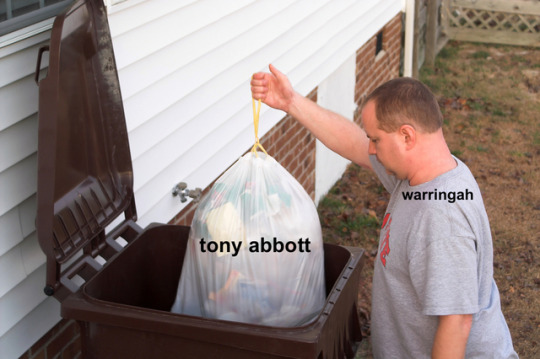
669 notes
·
View notes
Photo
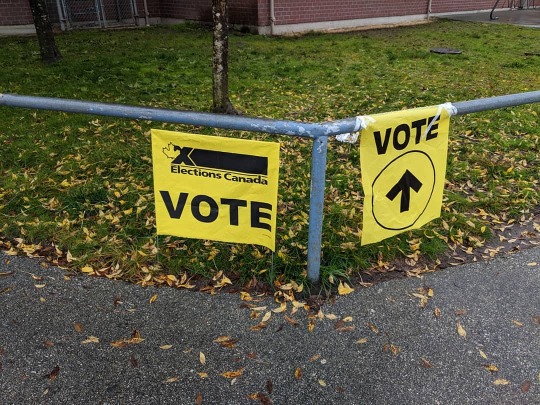
Polls are open, make it count & let your voice be heard, go vote!!! #Canada #BC #CDNpoli #elxn43 #ItsOurVote #Election2019 #ElectionDay #MetroVancouver (at British Columbia) https://www.instagram.com/p/B34vvSwBn1U/?igshid=17krhh39yimzq
83 notes
·
View notes
Photo
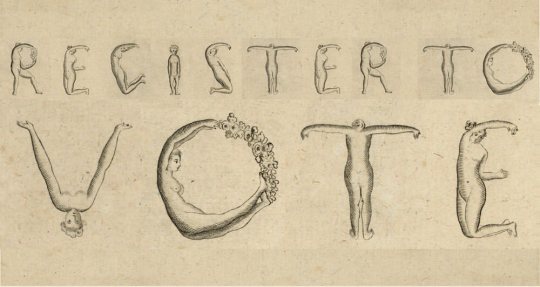
To all those in the UK. Very important election coming up. If you haven't already, please please please register to vote!!! Deadline is midnight tonight: www.gov.uk/register-to-vote⠀ ⠀ 🌹⠀ ⠀ #registertovote #voting #vote #election #UKelection #election2019 #generalelection https://www.instagram.com/p/B5UsqFLnWhG/?igshid=urxvpnzykft0
33 notes
·
View notes
Text
The UK general election is fast approaching and now is the time to enact change. The people have the power to vote for whoever they want, as they should.
One thing I beg of you; consider the environment before you vote. This may be the last general election where a change in leadership could make a significant difference with climate change. Read the manifesto if whoever you're voting for and see what promises they're making about the environment.
Now is the time to act!
#ukgeneralelection#generalelection#election2019#ukparliament#brexit#climatechange#globalwarming#greta thunberg#savetheplanet#saveourplanet#actnow#wethepeople#sos climatechange
17 notes
·
View notes
Text
monochromology
As I write this it is the last day in November, and I have to renew my TV license. You have to have a TV license if you live in the United Kingdom and you own a device for watching live broadcasts, either online or through an actual TV. The fee is mostly used to pay for the existence of the BBC, and it costs £154.50 per year. It is effectively a regressive hypothecated tax.
Sometimes it seems like there must be a better way of paying for public-service broadcasting. But the BBC has to remain free and universal to access, and free from advertising. And most of the time, the license fee is not controversial. There is little in the way of serious political will to abolish it, in part because it feels like nobody can be trusted to think of a serious alternative. In this respect it is not dissimilar to council tax, which is even more egregiously regressive, more conducive to extremes in inequality, more dangerous to reform.
Various exemptions and concessions for the TV license are available. At the moment those aged over 75 don't have to pay at all. (This may change soon.) Oddly, if you have a black and white TV, there is still the option of paying a reduced rate license fee of £52 per year. The logic for this is essentially indefensible; aside from the fact that it is impossible to buy a new monochrome television, it would be absurd to suggest that anyone owning one was only receiving a third of the value of a full subscription.
There are two ideas which might be mustered in defense of the black and white TV license. (I call them ideas rather than arguments, since again, nobody is really arguing about this.) The first is half-economic, half-emotional. It says that the only people still owning these ancient sets are those almost incapacitated by age and poverty. They have few pleasures left in life; they cannot be expected to arrive one year at a bill almost three times the usual amount.
The second idea is linked to the first. It is wholly emotional, and far more important. In the British imagination the idea of a black and white television represents a link to the past. It is families clustered around a single glowing screen in a darkened room. Someone is probably smoking and someone is definitely drinking. There is a child lying inches from the screen, propped up on their elbows, head in their palms. The food is dreadful, in a homely sort of way. But something momentous is probably about to happen.
The second idea comes out of a feeling that began near the end of the Second World War and went on to aggregate over fifty years or more of the second half of the twentieth century. There is something in the notion of a black and white receiver that is emblematic of the BBC as a beloved institution. It says: we've been here with you for all those years, for your parents and for your grandparents; won't you stick with us a little longer, at least?
Sometimes the BBC is referred to as 'Auntie' in other parts of the media. It is a very old nickname. It is gentle and knowing. It is authoritative, and vaguely authoritarian – but at least it isn't 'Uncle'. The idea that the BBC might be a 'state broadcaster' (the special name it uses for equivalent stations in Iran or Russia) seems superficially absurd. Why? Because BBC content doesn't look like what we were taught propaganda looks like.
More often than not, the BBC will contort itself to maintain some notion of journalistic impartiality. But these contortions create more problems than they solve. It is possibly to be openly racist or homophobic or transphobic on BBC television or radio, as long as prejudice is couched behind suitable disclaimers and a veneer of civility. As long as these views can find a counterpoint elsewhere, our national broadcaster can claim it was only doing its duty in representing the views of a section of the populace who pays for its continued existence.
We are less than two weeks away from a general election. It seems like every day the BBC is accused of bias, from all sides. But at times the nature of the bias seems less like a considered editorial stance, and more like the product of something inherent to the way the BBC thinks about itself. And so a piece of footage which showed an audience openly laughing at the Prime Minister is cut to remove the laughter. On Memorial Sunday, the BBC runs a clip of the PM from a previous year, in which he managed to both look presentable and place the wreath the correct way around (neither of which he did this year). The BBC Politics twitter feed runs a handful of tweets critical of Jeremy Corbyn in between a jolly thirty-second clip of the PM spreading cream and jam on a scone.
It is hard to distinguish a conspiracy in all this. What is evident is a consistent attitude of deference to power. The BBC house style is expressed through a voice in love with its own history, its own authority. These clips are chosen because they make the men in power (and some women) look good. They are picked for the same reasons they would not show the PM picking his nose. It is an unsubtle way of establishing the BBC as a broadcaster of quality. The people who produce this work want to align themselves with power.
There is a sort of inverse courtship happening here. Once it was thought that politicians ought to defer to the media, out of a sort of necessity. You had to play their game if you wanted to be taken seriously. But suddenly none of that seems to matter. Now our Prime Minister can say, during an election campaign – what if I didn't show up to the leader's debate? What if I chose not to do the half-hour interview with the BBC's most aggressive presenter? What if I openly lied at every opportunity?
All of this is facilitated by a media which is essentially reverential. Individuals vary in their approach but this is the default state of most newspapers and most television programmes. The position of the government must be respected not because it is always wise or informed, or moral or ethical but because it belongs to the government. Other political positions may be taken into consideration but they lack the democratic legitimacy which (we are to assume) is the privilege of government. And so members of the Cabinet are treated with a level of reverence which is entirely unrelated to their actual capabilities or the results achieved by their departments.
The BBC has no idea how to handle the current Prime Minister. The journalist Peter Oborne caused something of a stir recently by quoting a senior BBC figure who told him that they were reluctant to openly accuse the PM of lying because it would undermine trust in politics. And so the corporation must twist itself into strange knots. Its presenters must nod and smile, and report faithfully the inane ramblings of a man who is utterly devoid of principles, because he happens to be the Prime Minister.
Is he lying? Certainly most of what he says is demonstrably untrue. But to accuse him of lying would be to doubt his motivation. This is another sin of which the BBC cannot bear to be accused. Perhaps he simply didn't know that he wrong? Perhaps he was ignorant? So it must suffice to report the lie, and then to tell the audience that there may be some debate about the nature of the facts. And so we are treated to headlines that accuse the Labour party of increasing spending by over a trillion pounds. This is a total fabrication. But even if this is accompanied by a disclaimer to say that Labour dispute these figures, which part of this will stick in the mind of the general reader? Perhaps there will be a talking head to explain that even if we were told we would be getting 40 new hospitals, some of those might only be refurbishments to existing hospitals. And the rest? We don't know. We move swiftly on to other things.
In matters relating to the Royal Family, the BBC will always cleave closely to its special heritage. Its coverage is resolutely uncritical. Turn on during a royal wedding or some other state occasion and the tone is set to gaping admiration throughout. The recent interview with Prince Andrew could be considered an exception, but it wasn't astonishing because of a particularly penetrating line of questioning. The questions were direct, but the Prince still got to sit in the big chair, relatively speaking. What happened was so surprising because Andrew so effectively engineered his own public humiliation. It took only the gentlest of informed prompts for him to express some of the most extraordinary things heard on television in recent memory.
I keep thinking back to the vast room in which Emily Maitlis and Prince Andrew sat for that interview. It did him no good, of course. It was lit like a room from Dracula's castle. I wondered who had allowed it. But there is at times a sort of mutual deference that we receive from the Royals. I mean in terms of the way that the Queen might be said to enjoy a particular brand of biscuit, for example; it's like a particularly British form of the idea that Madonna drinks Coke and you can too. It's 'democratic' in the (entirely incorrect and inappropriate) sense of the word commonly used interchangeably with 'popular'. At heart we know the Royals are nothing like us. Somehow we live with this.
Black and white televisions were once a status symbol of a sort. Another British stereotype says that in the 1980s/1990s if you still had a monochrome set you were probably not poor – you were probably a sort of aesthete or aristocrat, and mostly likely you had neither the time or the inclination to replace it. Or you might be very rich (because you hadn't frittered away money on buying a new TV). Big colour screens were considered the preserve of the idle feckless poor; by contrast, there was something pleasingly authentic about the black and white set.
And why should those owners be made to pay if they chose not to enter the modern world with the rest of us? We might not want it ourselves, but it was nice to think of them as being there, the owners of the black and white sets. They were keepers of the flame. Most likely they were shut up in their damp, draughty stately homes, with only a skeleton crew of servants, the old Bentley slumbering under a tarp in a crumbling garage. But they were holding on to our myths for us.
I paid the full amount for my TV license. The website for it is a primitive thing, but I suppose it's functional; it doesn't seem to have changed at all in over ten years. What would it mean if the black and white television license were taken away? I think of that lonely aristocrat, last of their line, selling their heritage to pay off some frivolous debt owed to the grasping hand of the state. (Countless versions of this trope, serious and comic, are available across a variety of media.) Would it feel like we were taking the Queen's TV away? Probably. Perhaps the BBC think it is worth keeping for that reason alone.
10 notes
·
View notes
Text
For anyone who is British - it is officially voting day This is your reminder to vote today
#uk#politics#voting#tumblr#england#election#election2019#2019#december#christmas#literature#boris johnson#jeremy corbyn#vote bitch#scotland#ireland#parliament#labour#conservative#boris#united kingdom#hung parliament#university#uni#studying
8 notes
·
View notes
Photo
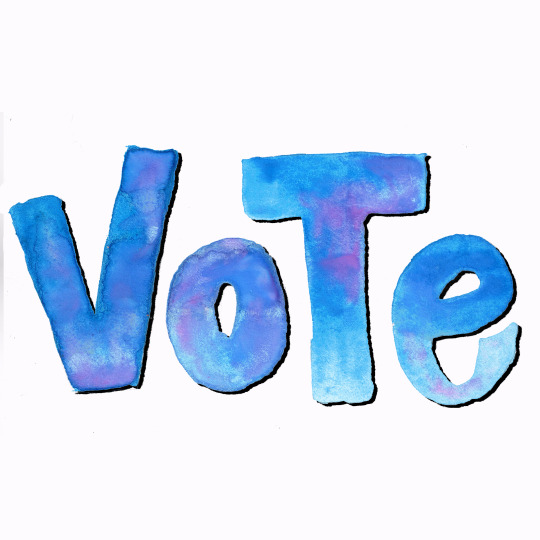
don’t forget to vote today
check out my instagram to watch me watercolor this
5 notes
·
View notes
Photo
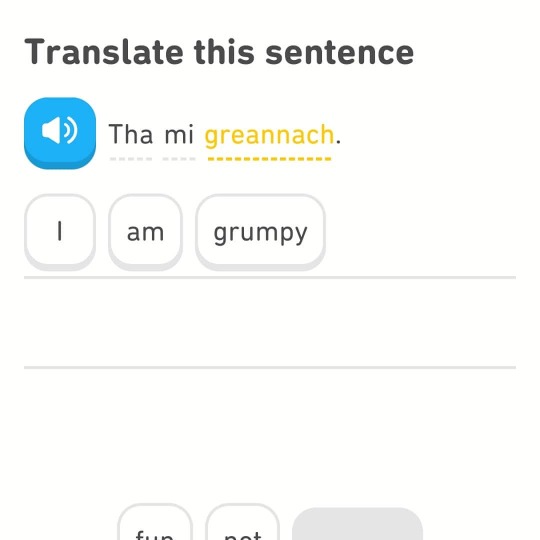
Duolingo sums it up. #duolingo #gaelic #election2019 #wereeallfucked #gaidlig https://www.instagram.com/p/B5_XM6oF6jX/?igshid=z7btpns110be
3 notes
·
View notes
Text
@allthecanadianpolitics
I was looking at that quiz again after our argument about the left and not only is the NDP right on the LINE on the chart from 2015 that you’re so proud of, but some of the questions on that quiz are seriously messed up. And we all know it doesn’t even take in to account that the liberals should be nowhere near that center line because they’re only positioned on what they said they would do, not what they’ve actually done as a party. We both know that the liberals should be way over next to the conservatives since they maintained all their policies and increased austerity but just to give you an clearer picture of how LEFT I am this is my result
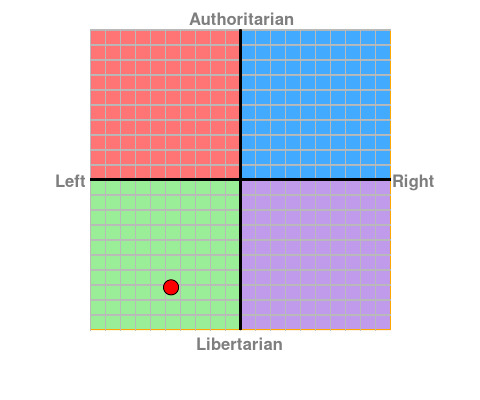
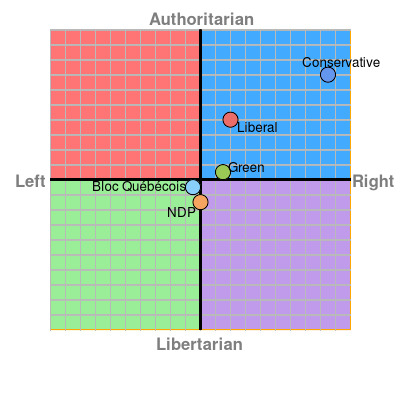
no one comes near what the quiz thinks I should agree with. When it all comes down to it the NDP and Greens are the only alternatives we have, and splitting support on the LEFT isn’t something we can afford to do anymore
this is what I think the chart should really look like to avoid the bullshit infighting rhetoric but to be fair it’s a crap graph in the first place
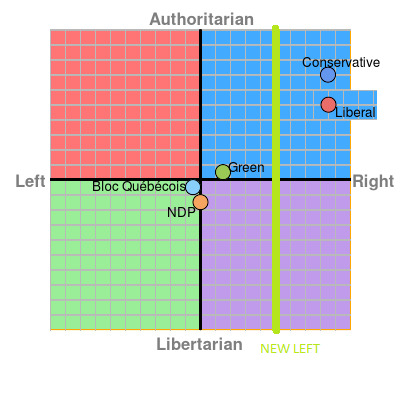
so I know there’s a lot going on with the NDP that needs to get sorted out but please don’t discredit the only other party on the left who has consistently fought for the same goals and values you have just because you think they aren’t worth your time to read up on them it’s incredibly insulting for someone representing ALL canadian politics to act the way you have and brush them off as “too right” without even realizing their platforms are nearly identical
you have no right to call Green supporters right-wing and anyone who feels that way needs a major wake-up to what their policies are really about and why the right wants us fighting in the first place
I largely prefer this vote compass graph (still from 2015) because it highlights a much different divide of right and left. Again, the libs should be way over on the right with the cons because they’re straight up liars, but look how CLOSE the Greens and the NDP are. Please realize that they’re even further LEFT in a lot of aspects and it isn’t as black and white as you think things are so please reconsider your position
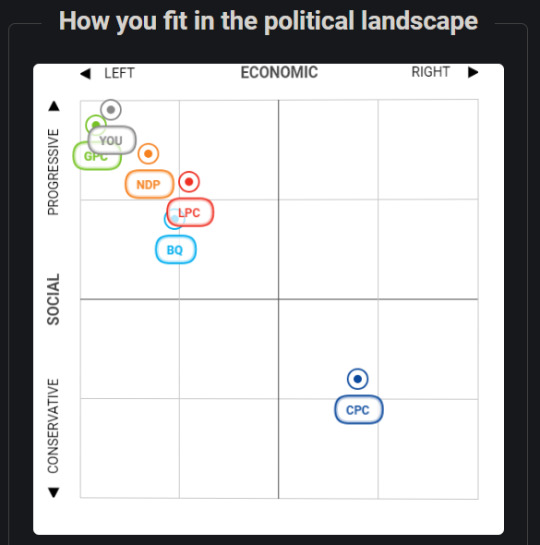
127 notes
·
View notes
Photo
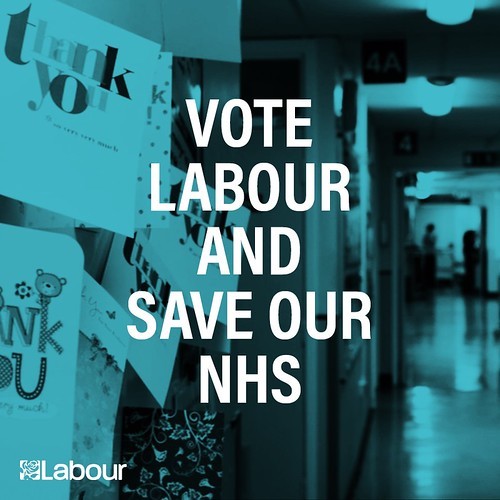
Please please vote to save our NHS!!! by Mick PK https://flic.kr/p/2hX9pTW
3 notes
·
View notes
Photo
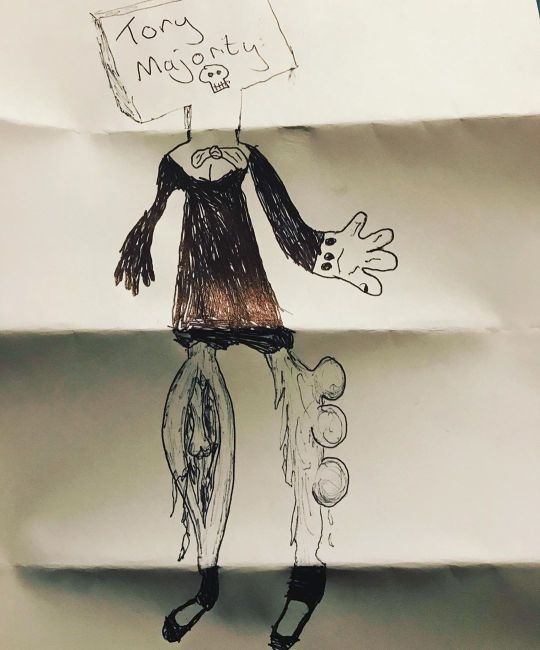
Nathan and I were playing the drawing game. Theme: scariest things. . . . . #registertovote #election2019 #scary #bendy #drawing #art https://www.instagram.com/p/B40Onf-lL8l/?igshid=ak2969c3wf02
3 notes
·
View notes
Text
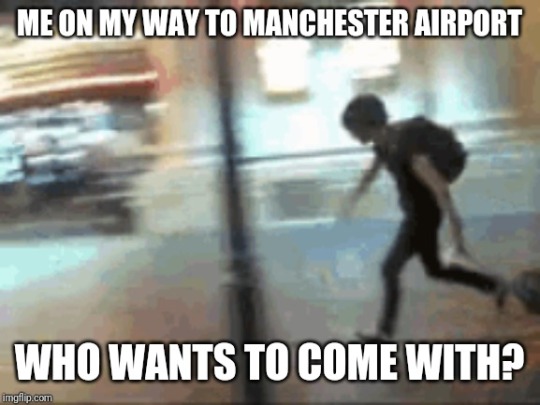
Lets go to Ireland instead
2 notes
·
View notes
